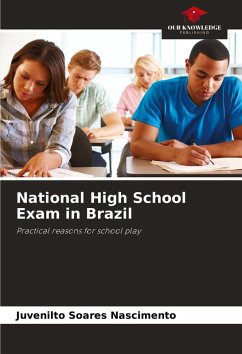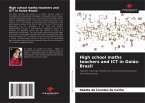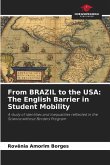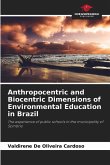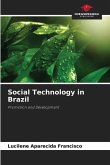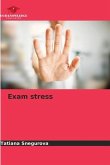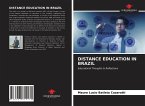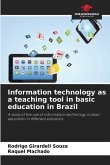This book is the result of research into the National High School Exam (ENEM) in Brazil. It was considered that this exam is part of the school game, as the agents in this field dispute social positions, subject to previously established rules, conditions and strategies. By understanding that the primary objective of exams is to exclude and that ENEM favours students from the privileged classes, we sought to unveil the mechanisms through which - with a technical appearance - the Exam is legitimised to carry out social selection. For this reason, this work reveals the mechanisms of the Brazilian school system and how the process of appropriating cultural capital, which is essential for good performance in the exam, takes place. It should be noted that although ENEM is yet another legitimising mechanism of social inequalities, some social policies linked to the exam have led to increased opportunities for access to higher education, which has also reinforced its legitimisation. Therefore, although this game - of which ENEM is a part - is not fair to the poorest class fractions, their students must devise the most pertinent strategies to overcome it that their objective conditions allow.
Bitte wählen Sie Ihr Anliegen aus.
Rechnungen
Retourenschein anfordern
Bestellstatus
Storno

